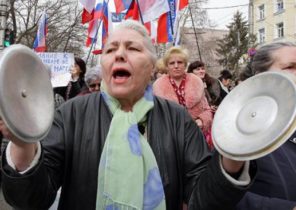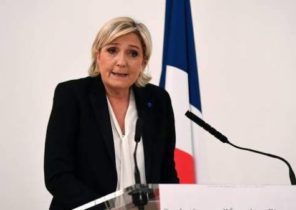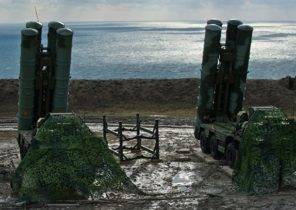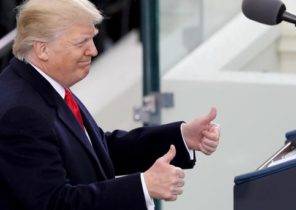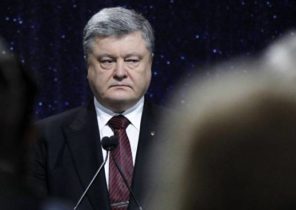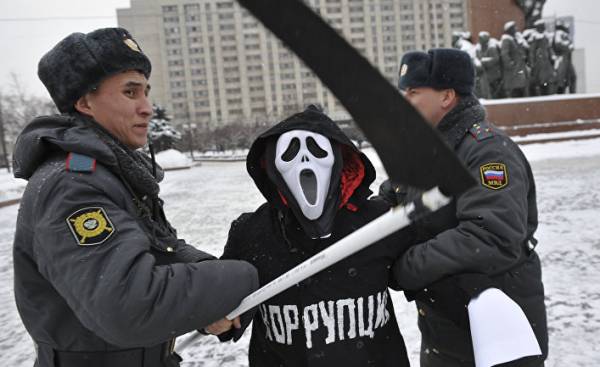
After the collapse of the Soviet Union, the Russian oligarchs have formed a new class of rich entrepreneurs. Some noted abroad, buying property, business and even football clubs.
They contribute to the flourishing international industry of capital management, investment advice, real estate, and luxury of elite education, personal training and nutrition. However, among these successful entrepreneurs, there are unpleasant exceptions: some of them under the guise of law-abiding businessmen use the same international financial centers, and the organizational structure to conceal illegal and unconscionable actions.
Research conducted at the highest level, showed how difficult it is to stop the withdrawal of funds and assets from Russia. Through investigation, the journalists of the Center for the study of corruption and organized crime (OCCRP) in March of this year, there was disclosed a scheme called “Laundromat service to our” (“global Laundry”). Reporters found that in 2011-2014 were withdrawn from Russia more than 20 billion dollars. The scheme was attended by influential and wealthy citizens of Russia who had connections with the state authorities and the FSB. The money was laundered through a chain of intermediaries and European banks, and major flow was through the infamous Latvian Bank Trasta komercbanka, the license of which was revoked in 2016.
Transparency and control
In connection with such international scandals as “Panama” and “global Laundry” business conditions abroad and measures to monitor compliance with the legislation tougher, complicating the process of withdrawal of funds and assets from Russia.
Introduced new, more stringent standards and requirements designed to improve transparency of operations. Among them — the common reporting standard (CRS) of the Organisation for economic cooperation and development (OECD), adopted in more than 80 jurisdictions, including Russia, which signed the document in may 2016. Such agreements enable the tax authorities of different countries to exchange information about financial accounts and investments. CRS are designed to prevent tax evasion and stricter measures against persons seeking to conceal their activities.
In connection with the need to ensure the safety of banking secrecy the Bank is difficult to refute accusations of lack of combating money laundering. However, here we can see the changes. To protect yourself from accusations of involvement in dubious operations, banks and corporate service provider must now have a reliable internal control system conforming to the requirements of agreements on the fight against corruption and money laundering.
The rule of law
Work to ensure financial transparency is still far from complete, and in the meantime commercial courts are often involved in consideration of international multimillion-dollar disputes. Courts rely on the agreement on mutual recognition of judgments concluded between the member States of the EU and other countries.
Russian entrepreneurs often bring their disputes before the courts of Cyprus. This country is a member of the EU and has a developed judicial system based primarily on English common law rules, including the right of justice. Cyprus is a party to numerous bilateral and multilateral international agreements, and on-site, a wide range of companies providing professional services and management services to private capital.
Currently in the Cyprus court considered a dispute between two Russian citizens regarding the ownership of a mine in Russia.
The plaintiff claims damages in the amount of $ 113 million. USA: according to his statement, the defendant fraudulently (using forged documents) took possession of his share in the asset. Last year, the judge issued a decisive decree, authorizing the seizure of property of the first defendant — businessman Ruslan Rostovtsev around the world. In addition, the court ordered the defendant and Cypriot company Abacus secretarial Limited to disclose information about the assets, Mr. Rostovtsev. According to available information, Mr. Rostovtsev, like the participants in the “Global Laundry”, used for transactions a series of opaque structures involving nominees and fiduciarv on the territory of Russia, Seychelles, Belize and Liechtenstein. He also served as Director of the British company. The trial is the only way for a former business partner of Mr. Rostovtsev to disclose the secret machinations of a businessman.
Recently, a court in Cyprus has rejected the petition of Mr. Rostovtsev about suspension of order for the disclosure of information. According to the court, after the decision on arrest of the businessman has made a transfer of assets. Disclosure is necessary to ensure the execution of court decisions and prevent the withdrawal of the defendant’s assets beyond the reach of the plaintiff and the judiciary. However, the process is not yet complete.
The deadlock
The described case shows the role that courts can play in the suspension, transfer and withdrawal of assets during a multimillion-dollar processes, however, the return of confidence in doing business with wealthy citizens of Russia and international business in General require more extensive measures. Investigation of such schemes as “global Laundry” and “the Panama document”, gives an idea of the potential scale of abuse in the financial sector and the difficulties associated with their identification.
Already visible positive results of close cooperation between authorities to combat crime in different countries and implementation of the common reporting standard. The recognition by banks of international sanctions and the tightening of internal systems and controls also helps to deal with money laundering.
In Russia measures on repatriation of capital, introduced by President Vladimir Putin, complicate the withdrawal of capital from the country for Russian citizens. Russia plans to implement the first exchange of financial information in accordance with the requirements of the Uniform reporting standard of the OECD in 2018. In the exchange of information will be provided in 2017.
The steps taken to strengthen control standards for the reporting and exchange of information bear fruit: unscrupulous individuals is becoming increasingly difficult to carry out fraud through a chain of intermediaries. However, there is still a lot of work.


